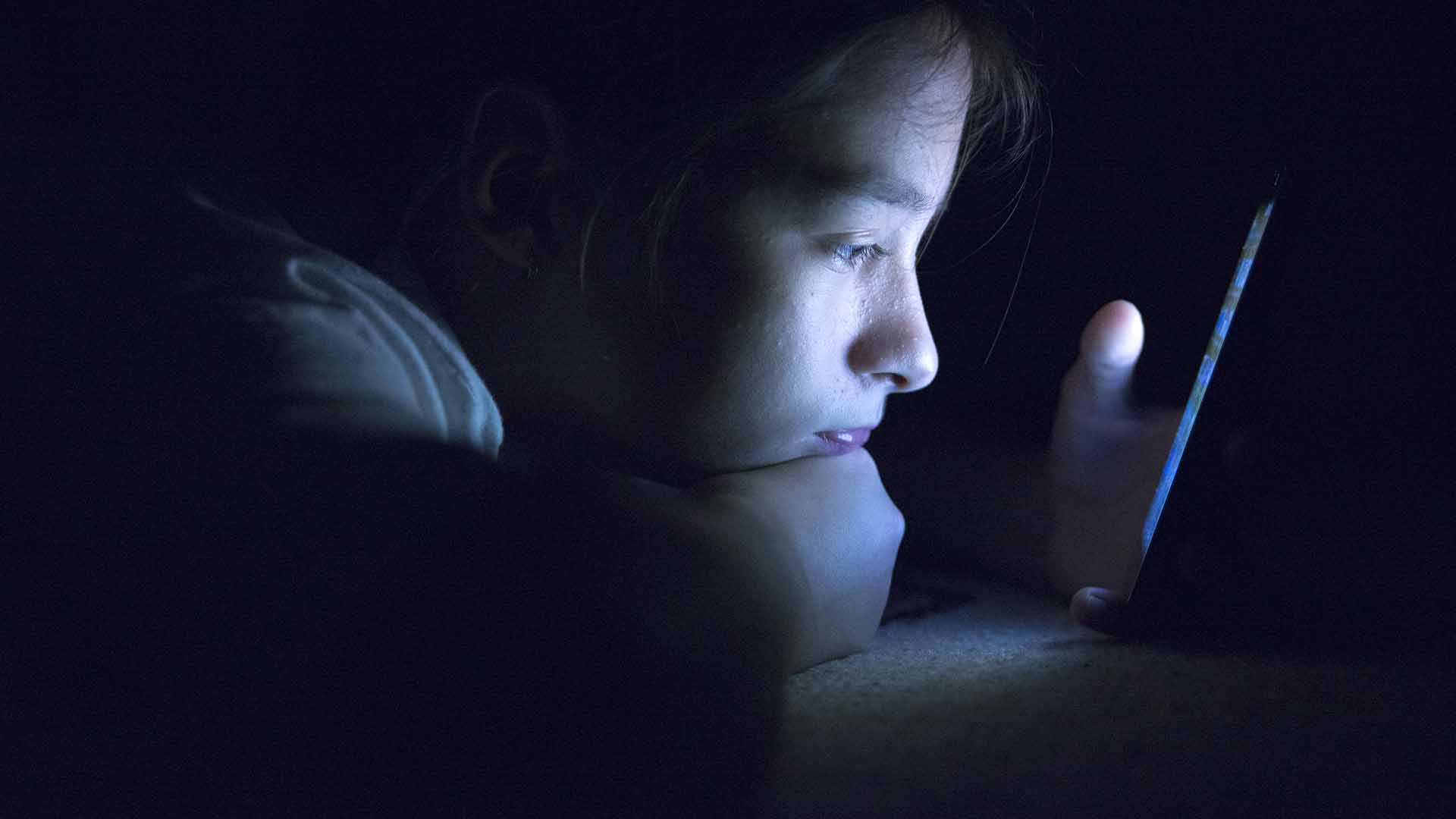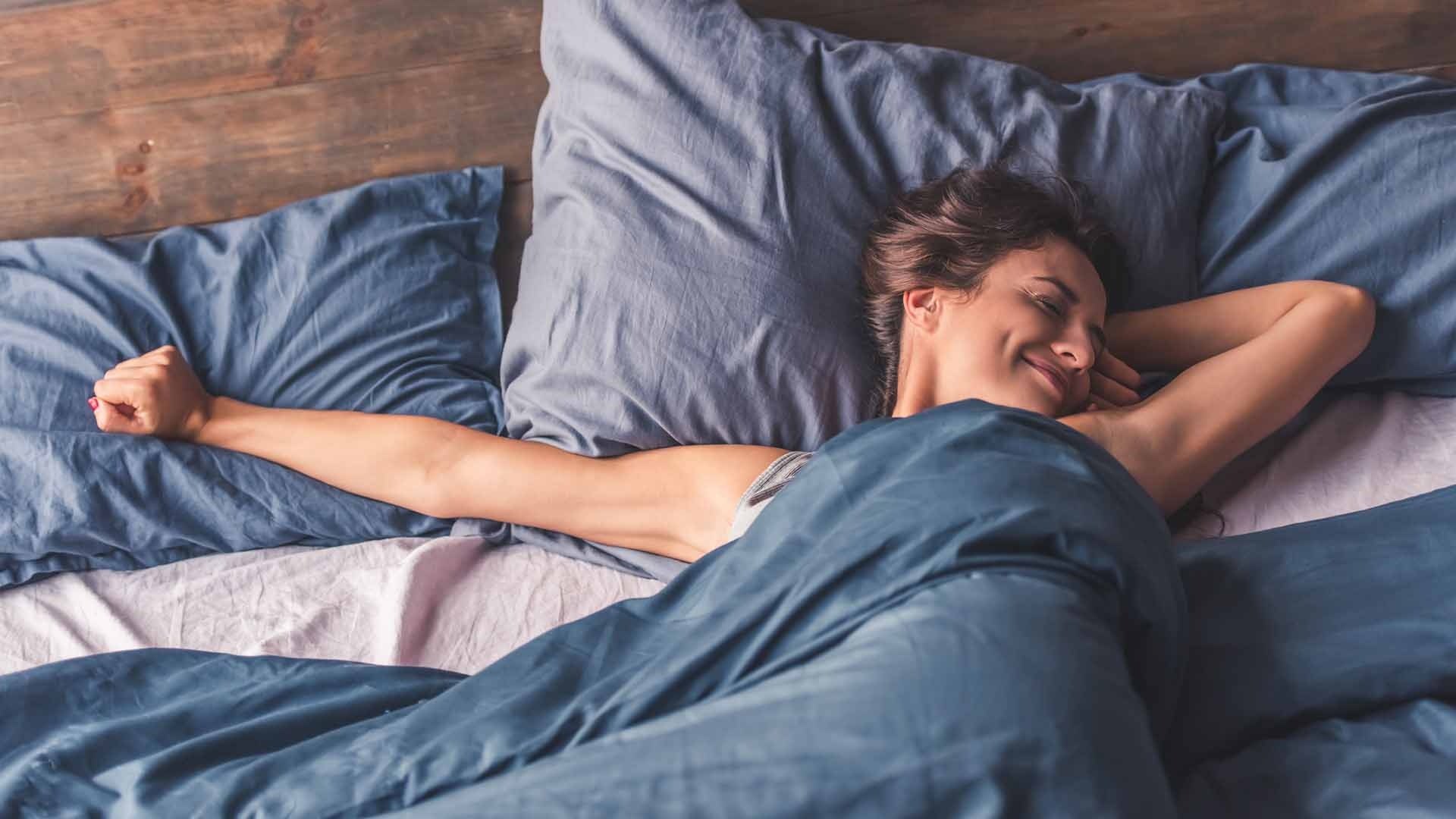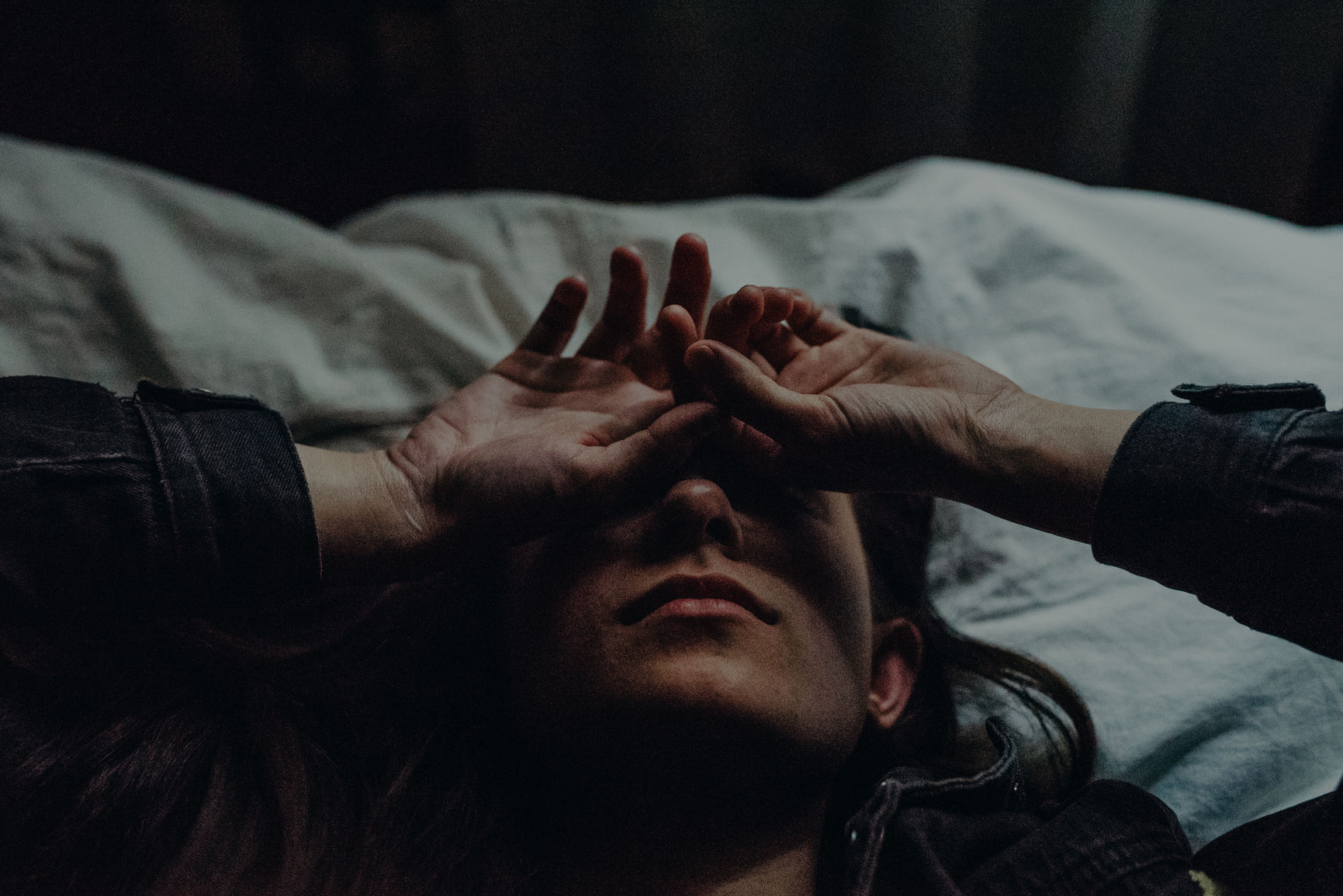-
Breathing during sleep should be simple. Breathe in, breathe out – slow, deep and rhythmic. But for some people, it gets interrupted, jolting them out of deep sleep. And when this happens repeatedly throughout the night, the result can be restless sleep, daytime fatigue, irritated partners and potentially more serious long term health complications.
This is a common sleep disorder called obstructive sleep apnoea. For people with this condition, the upper airway becomes narrowed or blocked during the night, making it difficult to take a breath.
Your breathing can briefly pause (usually for between ten seconds and one minute), until the brain registers the drop in oxygen and prompts you to wake slightly. This may cause snoring or gasping. After a few seconds, you start breathing normally again and drift back to sleep. Depending on the severity, this can happen a few times, or up to hundreds of times each night.
Sleep apnoea can affect anyone at any age, including children. However, it is more common in males, people who are middle-aged or over, people who are overweight or obese, and those who have a family history.
What are the signs?
Sometimes people with sleep apnoea may wake up gasping or choking throughout the night – but it’s not always so obvious. Often, it’s someone else who notices that your breathing stops during the night. Some other signs include snoring, tossing and turning, waking feeling unrefreshed and struggling to stay awake during the day.
What causes sleep apnoea?
Being overweight is one of the most common contributing factors. This is because fatty tissue can cause the throat to narrow, and a larger waistline can make it more difficult to breathe at night.
A few other things that can contribute to sleep apnoea include:
- Alcohol consumption
- Nasal congestion and obstruction
- Having a naturally narrow throat or nasal passages
- Large tonsils, especially in children
- Some medications, including sleeping tablets
How is it diagnosed?
If you suspect you might have sleep apnoea, see your GP for an assessment of your symptoms. Your GP may refer you for an overnight sleep study, either at home or in a specialised sleep clinic.
During a sleep study, you will have small leads attached to your head and body using creams and tape (this shouldn't cause any pain). This allows your sleep specialists to monitor your brain signals, which tells them when you are awake and when you're asleep, and your breathing and oxygen levels in the blood, which can reveal if you are experiencing the stop-start breathing of sleep apnoea. They will also usually record things like your sleeping position, leg movements, snoring and heart rate.
All this information collected overnight will help give your doctor a clear picture of what's happening when you sleep, and identify if you have a sleep disorder.
MORE: Learn about the cost of sleep studies.
How can you treat it?
There are several options for treatment, depending on the severity of your sleep apnoea. These include:
- Lifestyle changes. If your sleep apnoea is mild, you may find relief by losing weight (if you are overweight) and reducing your alcohol intake. Sleeping on your side can also help – most people experience sleep apnoea episodes while lying on their back.
- Oral device (mandibular advancement splint). This is like a double mouthguard, fitted by a dentist. It’s worn over both upper and lower teeth while you sleep, pulling the jaw forward and opening the airway. This is usually used for mild sleep apnoea.
- CPAP device. Continuous positive airway pressure (CPAP) may be prescribed by your doctor or specialist after a sleep study. This treatment delivers you gently pressurised air through a face mask that you wear while you sleep. It can be very effective at reducing the symptoms of sleep apnoea, including snoring.
- Surgery. For severe sleep apnoea, there are some surgical options that can help. This is usually only done if other therapies haven’t worked, and requires consultation with an ENT (ear, nose and throat) specialist.
Could you have sleep apnoea?

-
When you can't sleep next to your partner
You love everything about them – except their sleep habits.
-
The 7 best sleep apps
7 apps for deep restorative sleep
-
Are you getting too much blue light exposure?
Vision Eye Institute ophthalmologist Dr Lei Liu explains.
-
How to set up your bedroom for better sleep
The sleep experts share some secrets.
-
Managing negative thinking before bed
Healthy thinking is part of healthy sleeping.
-
Does the early bird really get the worm?
Is waking up early better for you? We explore what the science says and how to get the best night's sleep.
Subscribe to receive the best from Live Better every week. Healthy recipes, exercise tips and activities, offers and promotions – everything to help you eat, move and feel better.
By clicking sign up I understand and agree to Medibank's privacy policy






